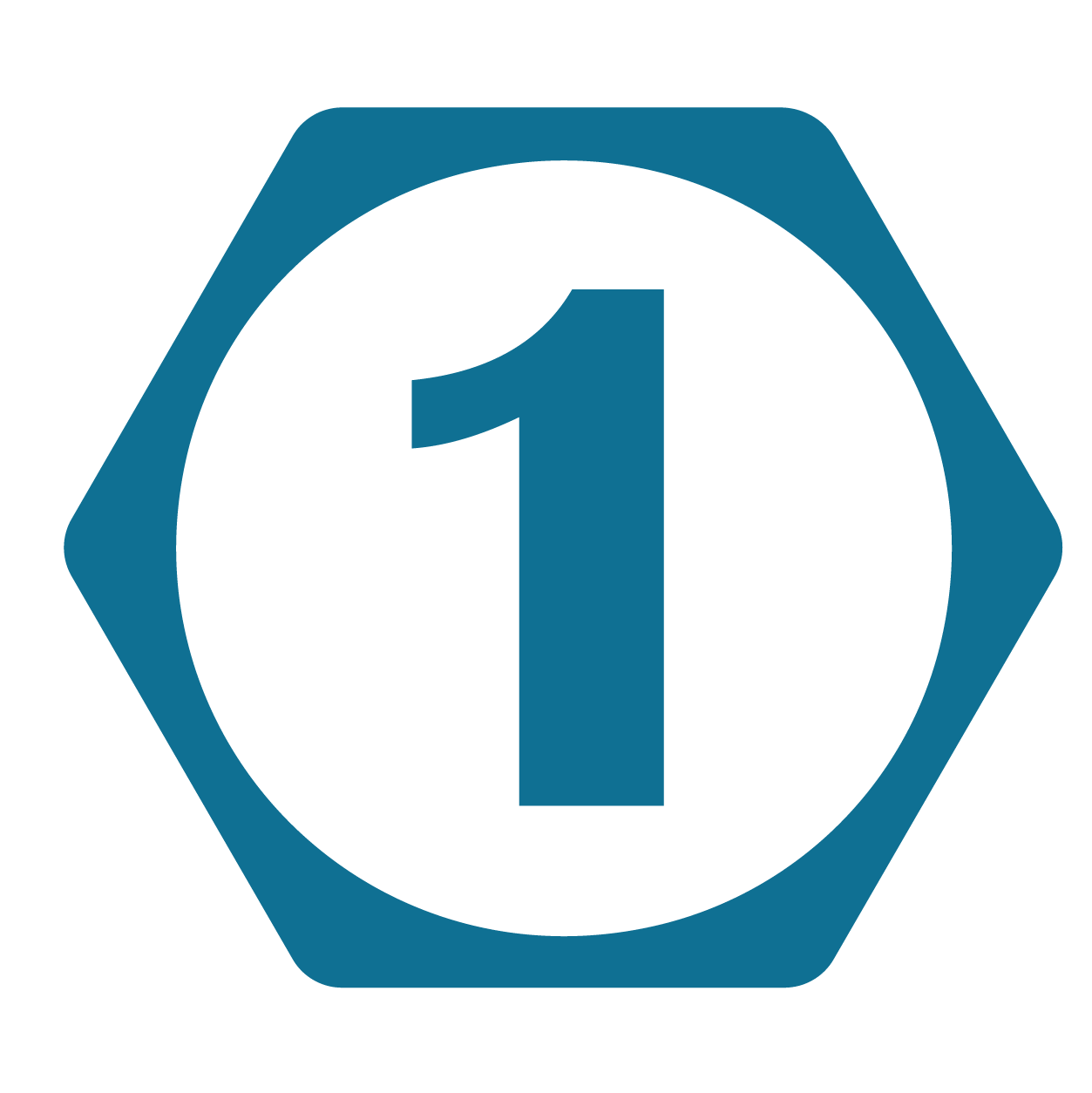40s and 50s
As you move into your 40s and 50s, you’re most likely pretty busy juggling work, home and extended family. Taking care of yourself may seem like just one more thing to add to your already packed to-do list. But being proactive about your health is critical during these years as your risk for high blood pressure, heart disease, diabetes and even cancer increases.
Now more than ever it’s important to make time to eat right, exercise regularly, see your doctor for an annual wellness exam and complete any recommended health screenings in order to improve your health and prevent disease.
![]() Review With Your Doctor
Review With Your Doctor
- Gynecological wellness: Pap test, pelvic exam, clinical breast exam
- Contraceptive changes
- History of gestational diabetes and consider diabetes screening
- Diet, exercise and sleep habits
- Blood pressure and cholesterol levels
- Chronic physical concerns such as knee, back or joint pain
- Smoking, alcohol consumption and other substance-use habits
- Cardiovascular concerns
- Perimenopause or menopause management
- Stress management and mental health
![]() Immunizations
Immunizations
- Flu Shot
- Tetanus booster, every 10 years
- Shingrix (shingles) vaccine at age 50
- COVID vaccine, as recommended
![]() Screening Tests (These are guidelines only. Your primary care provider will personalize the timing and frequency of screening tests for you).
Screening Tests (These are guidelines only. Your primary care provider will personalize the timing and frequency of screening tests for you).
- Mammogram. The American Cancer Society recommends that women ages 40-44 should have the choice to start annual breast cancer screening with mammograms if they wish to do so. Women age 45-54 should get mammograms every year. Discuss with your primary care provider what is best for you given your personal risk factors.
- Blood Pressure. Blood pressure measures the force your organs and blood vessels experience, and is a strong predictor of heart attack and stroke risk.
- Blood Cholesterol Levels. This simple blood test measures the amount of cholesterol and triglycerides in your blood to inform your risk of plaque buildup in your arteries. If you have a family history of diabetes, heart disease, or other cardiac risk factors, you may need to be screened more often.
- Type 2 Diabetes. The A1C is a blood test that tells you what your average blood glucose levels have been for the past 2 to 3 months. It measures how much glucose is attached to your red blood cells and is used to diagnose diabetes.
- Cervical Screening. Pap smears and HPV DNA tests can help detect cervical cancer and precancerous cells that may one day develop into cervical cancer. Most guidelines suggest the screening begin at age 21.
- Colorectal Screening. Several screening tests can be used to find polyps or colorectal cancer. A colonoscopy is the best test and the only one recommended if you’ve had polyps; if you haven’t, then a stool test may suffice. Talk to your provider about which test is right for you.
- Lung Cancer Screening. Lung cancer screening is a process that uses a low dose CT (LDCT) scan to detect the presence of lung cancer in otherwise healthy people with a high risk of lung cancer.
- Electrocardiogram. Electrocardiogram is a non-invasive and painless medical test that detects cardiac (heart) abnormalities by measuring the electrical activity generated by the heart as it contracts. Talk to your doctor to determine if this test is right for you.
- Depression screening. Screening for depression is the cornerstone of early recognition, diagnosis, and management.
- Hearing tests. Hearing screens are easy, non-painful tests to measure hearing loss.
- Visual exams. There are many components of standard visual acuity tests including the ability to discern the shapes and details of the things you see, color vision, peripheral vision, and depth perception.
 Wellness Checks Schedule a wellness check with your primary care provider every year, or as recommended by your provider.
Wellness Checks Schedule a wellness check with your primary care provider every year, or as recommended by your provider.
Quick Links
TVC 1st Care
Office: 1101 Noble Street
Hours: 8:00 AM – 8:00 PM, 7 Days Per Week
Phone Number: (907) 458-2682
TVC Allergy & Asthma
Office: 1001 Noble Street
Hours: 8:00 AM – 5:00 PM, M-F
Phone Number: (907) 458-2635
Breast Imaging Center
Office: 1650 Cowles Street
Hours: 6:45AM – 5PM, M-F
Scheduling: (907) 458-5588
TVC Family Medicine
Office: 1001 Noble Street, 2nd Floor
Hours: 8:00 – 5:00 PM, Monday – Friday
Phone Number: (907) 459-3511
TVC Internal Medicine
Office: 1001 Noble Street, 1st Floor
Hours: 8:00 – 5:00 PM, Monday – Friday
Phone Number: (907) 459-3570
Mental Health
Office: 1101 Noble Street, 4th Floor
Hours: By Referral
TVC Osteopathic Manipulative Medicine (OMM)
TVC Osteopathic Manipulative Medicine (OMM)
Office: 1405 Kellum, Suites 101 and 301
Hours: 8:00 – 5:00 PM, Monday – Friday
Phone Number: (907) 458-2619
Porter Heart & Vascular Center
Porter Heart & Vascular Center
Office: 1650 Cowles Street, Fairbanks Memorial Hospital, Main Entrance
Hours: 8:00 – 5:00 PM, Monday – Friday
Phone Number: (907) 458-6450
Plastic Surgery
FHP Plastic & Reconstructive Surgery
Office: 1919 Lathrop Street, Suite 205
Hours: 8:00 AM – 5:00 PM, M-F
Phone Number: (907) 458-2680
TVC Urology
Office: 1650 Cowles Street, Fairbanks Memorial Hospital, South Tower Entrance, 4th Floor
Hours: 8:00 – 5:00 PM, Monday – Friday
Phone Number: (907) 458-2630
Page Options